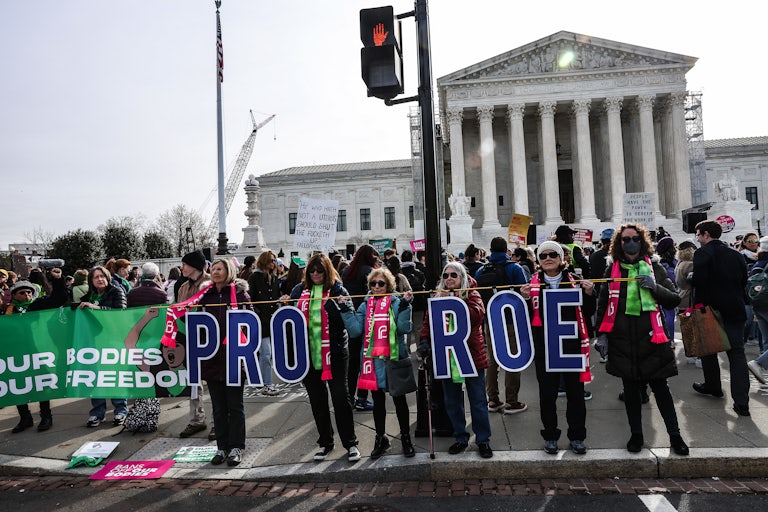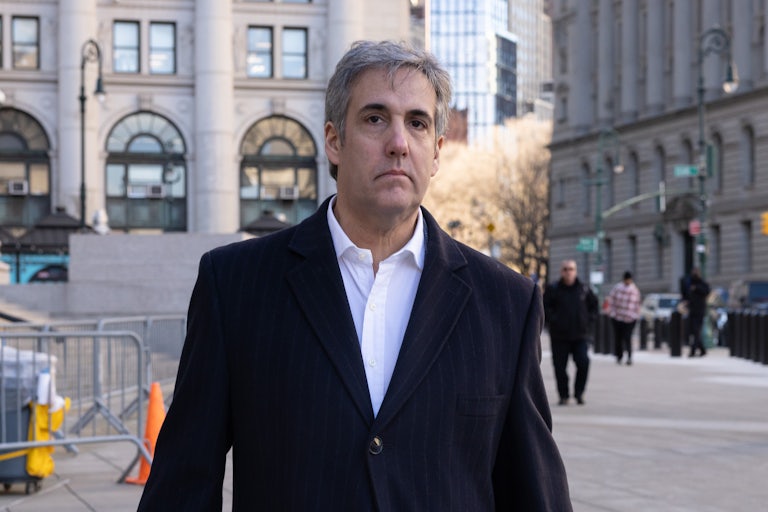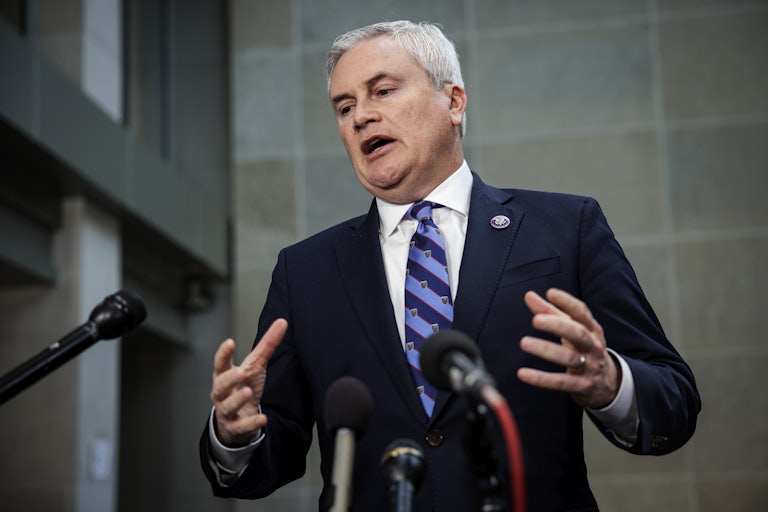Supreme Court Considers Wrecking Abortion Access Nationwide
The court is hearing oral arguments on the biggest abortion case since Dobbs, on access to the abortion pill mifepristone.

The Supreme Court is hearing arguments Tuesday on whether the abortion pill mifepristone was improperly approved, in a case that could decimate access to abortion nationwide.
The case arrived at the Supreme Court after a lengthy legal roller-coaster. Mifepristone’s status currently remains unchanged until the high court issues a ruling. Mifepristone is one of two drugs used in medication abortion, one of the most common abortion methods in the country. The drug has become a crucial tool for abortion access since Roe v. Wade was overturned in 2022, with nearly 28,000 additional doses of abortion pills provided in the six months after Roe fell alone.
A coalition of anti-abortion groups, represented by the extremist legal group Alliance Defending Freedom, sued to block access to mifepristone in November 2022. They argued that the Food and Drug Administration improperly approved mifepristone, despite the fact that more than 100 studies have proven the drug to be safe. They also claim that doctors who oppose abortions could be harmed if they had to treat patients experiencing negative health effects from mifepristone.
Oral arguments on this case have already begun. You can tune in and listen to the case here.
While the Supreme Court cannot technically ban mifepristone outright, it could reimpose restrictions on it to the point that it would be incredibly difficult to acquire. In 2016, the FDA determined that mifepristone was safe for use through 10 weeks of pregnancy, up from seven weeks, and could be provided after just two in-person appointments, down from three.
In 2021, due to the Covid-19 pandemic, the Biden administration said providers could prescribe mifepristone during telemedicine appointments. The administration made that change permanent later the same year. If the Supreme Court rules in favor of the anti-abortion group, it could undo all of those FDA-approved changes.
As arguments began Tuesday, Solicitor General Elizabeth Prelogar, who represents the FDA, argued that the plaintiffs did not have standing to bring the case in the first place. Their arguments of potential harm, she said, “rely on a long chain of remote contingencies.” The circumstances that would cause anti-abortion doctors harm are unlikely to arise often enough to merit the lawsuit.
In fact, the initial lawsuit and ruling against mifepristone cited multiple bogus studies that either cherry-picked results from a small sample pool or were based on such faulty data that they were retracted altogether.
A bigger issue at play is the challenge to the FDA’s authority. The original lawsuit “undermined” the FDA’s authority—and by extension, the authority of other federal agencies, Rachel Rebouché, the dean of Temple University’s law school, told The New Republic when the case first began.
“To take seriously that [the FDA] ignored risks, risks unsupported by any credible evidence, suggests questions as to what federal courts might decide about other federal agencies’ decisions,” she said.









